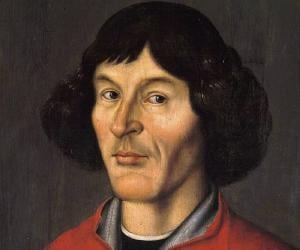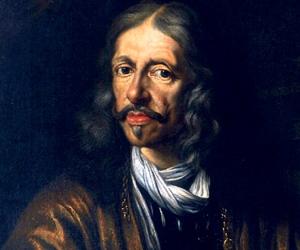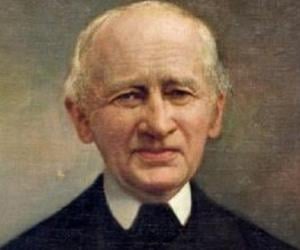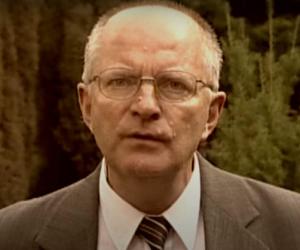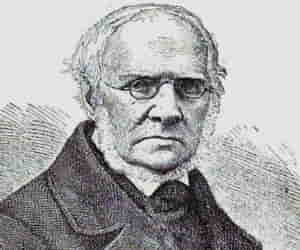1
Nicolaus Copernicus
(Polish Astronomer Who Proposed That the Earth Revolves Around the Sun)
Birthdate: February 19, 1473
Sun Sign: Pisces
Birthplace: Toruń, Poland
Died: May 24, 1543
Nicolaus Copernicus was a Renaissance polymath known for his work as a mathematician, astronomer, and Catholic canon. He formulated a model of the universe that placed the Sun at its center, a significant departure from the prevailing view that Earth was the center. His publication of this model in his book "De revolutionibus orbium coelestium" marked a major event in the history of science, leading to the Copernican Revolution. Copernicus was also a polyglot, physician, classics scholar, translator, governor, diplomat, and economist, making pioneering contributions to various fields.
